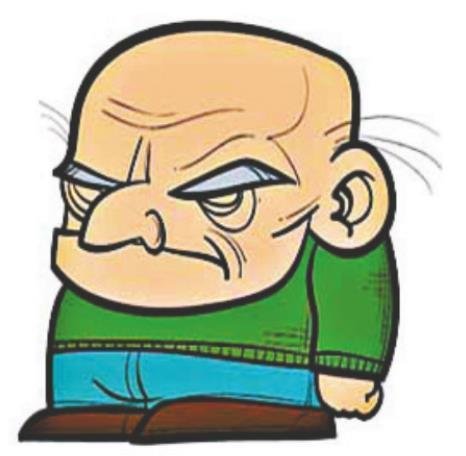Play for pay
Let’s say your kid is a college athlete who has worked hard for his stardom.
Let’s say you are fortunate that he got a free college ride and has a chance to make millions in the pros.
…
This item is available in full to subscribers.
Subscribe to continue reading. Already a subscriber? Sign in
Get 50% of all subscriptions for a limited time. Subscribe today.
Please log in to continueNeed an account?
|
Play for pay
Let’s say your kid is a college athlete who has worked hard for his stardom.
Let’s say you are fortunate that he got a free college ride and has a chance to make millions in the pros.
Let’s say his fans will pay big bucks for stuff with his face and name on it.
But out of millions of dollars his school, coaches and other sports handlers rake in, he can’t take a dime.
Yet he and his family could used the money.
Is it fair for the National Athletic Association to say he can’t do it because he’s an amateur athlete?
The NCAA says yes.
I say no, it isn’t fair.
The other side
Last year, the NCAA said it will allow college athletes to cash in on marketing opportunities but limited the opportunities they can get.
College athletes can retain agents and profit from their name, image and likeness as long as the NCAA agrees that deals don’t exploit athletes or their families.
The NCAA claims it aims to protect student athletes, but it could also block lucrative deals that could give an unfair recruiting advantage to some colleges.
Justice Department and Federal Trade Commission lawyers will take the NCAA into the Supreme Court March 31. They have sided with college athletes and skeptics of NCAA claims..
Both arguments
The lawyers argue:
• NCAA’s interests in amateurism doesn’t exclude it from anti-trust scrutiny like other organizations.
• Lower courts ruled reasonably that the NCAA unlawfully limited competition for college athletes by restricting their compensation.
The NCAA argues:
• It should have latitude to govern college sports.
• Lower courts wrongly redefined amateurism and undermined its supervision of college athletics.
The case was brought for former West Virginia running back Shawne Alston and others Division I.
Lower courts ruled that college athletes can study abroad and accept laptop computers, musical instruments, internships and graduate school. Those decisions didn’t lift NCAA limits on compensation fan sales revenue and endorsements.
Game changer
A summer Supreme Court decision could force the NCAA to change play for pay rules in a broader battle over control of multibilliondollar college-sports.
The NCAA has pledged to reform itself in time for the 2021-22 school year. But more than a dozen states have enacted their own laws allowing athletes to be paid. NCAA skeptics include conservative, free-market Republicans and liberal Democrats who see it as a civilrights and labor issue.
Maybe opposition to NCAA rules will reunite both sides.
Got a thought about the NCAA and playing for pay? Email the Sports Grouch at ChronicleSports@yahoo.com.
Other items that may interest you







Comments
No comments on this item Please log in to comment by clicking here